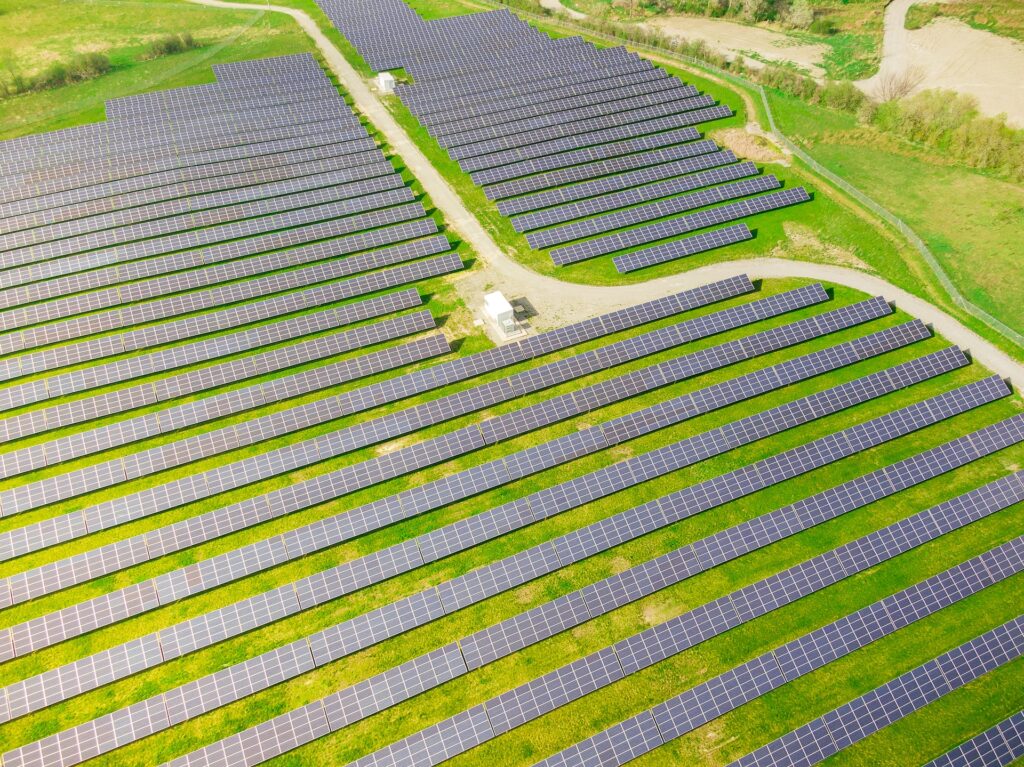In an era defined by environmental consciousness and the need for sustainable solutions, solar energy has emerged as a transformative force, leading the charge in the renewable energy revolution. With its ability to harness the sun’s abundant power and convert it into clean electricity, solar energy is lighting up the path towards a brighter and greener future. In this article, we will explore the solar energy revolution and the profound impact it is having on the way we generate, consume, and think about energy.
- The Rising Sun: Solar Energy’s Ascendancy:
Solar energy has experienced a remarkable rise in popularity and significance in recent years. Advancements in technology, coupled with decreasing costs, have made solar power more accessible and economically viable. As a result, solar energy installations have witnessed exponential growth worldwide, paving the way for a solar revolution that is reshaping the global energy landscape. - Clean and Renewable: Powering Sustainable Development:
One of the most significant advantages of solar energy is its clean and renewable nature. Unlike fossil fuels, solar power generation does not release greenhouse gases or contribute to air pollution. By harnessing the sun’s energy, we can significantly reduce our carbon footprint, mitigate climate change, and foster sustainable development. Solar energy is a key player in the transition to a low-carbon economy, aligning with global efforts to combat climate change and create a more sustainable future. - Decentralization and Energy Independence:
Solar energy empowers individuals, communities, and nations to become energy self-sufficient. By installing solar panels on rooftops, homes, and businesses, we can generate electricity at the point of consumption, reducing reliance on centralized power grids. This decentralization of energy production enhances energy security, reduces transmission losses, and provides greater independence from fossil fuel imports. Solar energy allows us to take control of our energy future and create a resilient and decentralized energy system. - Empowering Developing Regions:
Solar energy has a transformative potential, particularly in regions with limited access to electricity. Remote and rural areas, often plagued by energy poverty, can benefit immensely from solar power installations. Standalone solar systems and microgrids can bring electricity to communities, improving living conditions, supporting education and healthcare, and fostering economic growth. Solar energy democratizes access to power, bridging the energy gap and empowering underserved populations. - Technological Advancements: Pushing Boundaries:
Advancements in solar technology have played a pivotal role in driving the solar energy revolution. Solar panels have become more efficient, capable of capturing a greater amount of sunlight and converting it into usable electricity. Innovative solutions such as floating solar farms, solar windows, and transparent solar panels are expanding the possibilities for integrating solar power into diverse settings. Additionally, research and development in energy storage, such as batteries, are ensuring a reliable supply of solar energy even during periods of low sunlight. - Economic Opportunities and Job Creation:
The solar energy revolution is not just an environmental imperative; it is also an economic opportunity. The growing demand for solar installations has stimulated job creation across the globe. From manufacturing and installation to maintenance and innovation, the solar industry has become a significant driver of employment. Furthermore, investments in solar energy have the potential to spur economic growth, attract capital, and foster technological innovation in related sectors. - Overcoming Challenges: Storage and Integration:
While solar energy has experienced substantial progress, challenges remain. The intermittent nature of solar power requires efficient energy storage systems to ensure a continuous supply of electricity. Moreover, integrating solar energy into existing power grids poses technical and regulatory challenges. However, ongoing research and development, coupled with policy support, are addressing these obstacles, enabling seamless integration and unlocking the full potential of solar energy.
Conclusion:
The solar energy revolution is illuminating the future with its clean, renewable, and transformative capabilities. As we harness the power of the sun, we are paving the way for a sustainable and resilient energy system. Solar energy empowers individuals, communities, and nations, offering energy independence, environmental benefits, and economic opportunities. With continued advancements in technology and supportive policies, solar energy will play a crucial role in shaping a brighter, greener, and more sustainable future for generations to come.


